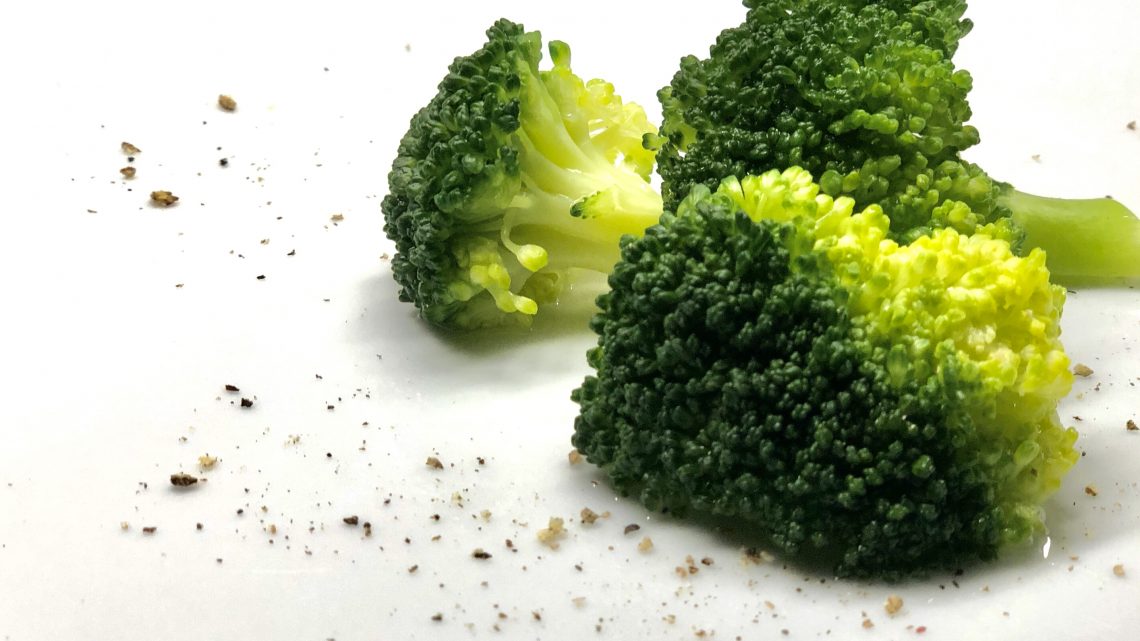No sweets, no Snacks, no TV, no Social Media – to fast means to break your habits and renounce on something that normally belongs to your everyday life. Currently there is a bigger focus on sacrifice than ever before. But what are the reasons, what are the rules, how healthy or unhealthy is it and how to do it right?
Roots of fasting
Most people would acknowledge religious reasons if you ask them for their motives of fasting. This thought is reasonable if you consider how many religions rely on it. For Christian Orthodox it’s more of a “vegan life” period when they fast. Their fasting rituals consist of renunciate on animal products such as eggs, meat as well as diary products and possibly even fish are abstained during this time. The use of oil or the consumption of alcoholic beverages is also omitted in the strict interpretation.
For the Islamises fasting has a special meaning. This year, the Islamic fasting month “Ramadan” lasts from the 12th of April to Eid al-Fitr, which is on the 13th to the 15th of May. For devout Muslims, however, the four weeks are not only about abstaining from food, but also about not drinking or smoking from sunrise to sunset, and sexual intercourse is also forbidden during this period. In comparison to the other religious fasting rituals, the Ramadan is known for its strictness.
For Christians the fasting period is 40 days long. It starts on Ash Wednesday and lasts until eastern. In 2021 that is from the 17th of February until the 3rd of April. During this time, man is to reconsider through abstinence, repent and seek closeness to God. Today there are only few Christians in the western world, who take that time as serious as it was usually meant to be and most people just use this period of time as a motivation to challenge themselves.
Alternative fasting reasons
Besides religious motives, there are several different reasons to abstain on different foods, goods or on solid food in general. For a long time, fasting was ridiculed and relegated into the corner of esotericism. But since doctors and researchers proved that fasting cures can have a positive effect on mind and body, also non-religious people are animated by the health aspect to try fasting. One of the most famous doctors who brought up the thought of fasting for medical reasons was Otto Buchinger. He was the first one who successfully treated chronical diseases by using the fasting method. However, today regular fasting periods are seen as a part of a healthy diet. A lot of people do a fasting cure to detoxify their body and reset their digestion. A medical fasting cure isn’t done as easily as you might think at this point. Keep in mind that you do it in a healthy way and seek for professional assistance when you are not used to it. Your body will thank you!
What may motivate yourself to try fasting
Fasting does not always have to have something to do with diet. Fasting means giving up habits and leaving your comfort zone. Many things that are unconsciously part of your everyday life can be fasted on. Think about what has taken over uncontrollably in your everyday life lately? Is it excessive social media consumption, increased online shopping or too little exercise during corona? Just see the fasting period as a challenge or an opportunity to change your bad habits. If you can’t motivate yourself to do something good for yourself or your body, maybe think about doing something good for the environment. For example, avoid plastic packaging, meat or animal products as much as possible to protect the environment and the climate. An extreme change is not necessary. It is enough to reduce your consumption, as long as you change your usual habits.
![FHews – [ fju:s]](http://fhews.de/wp-content/uploads/2015/05/fhews_logo2_3B8ACC.jpg)










No Comment